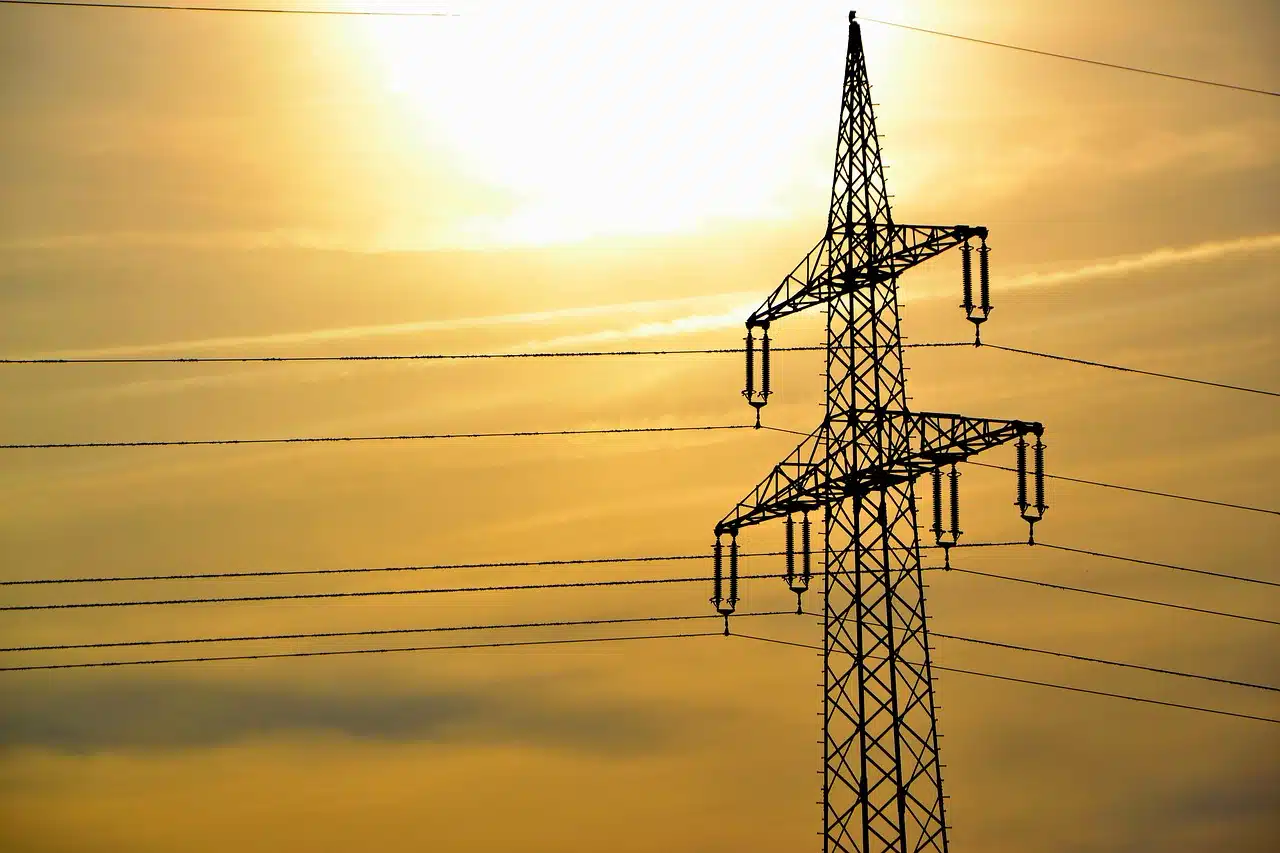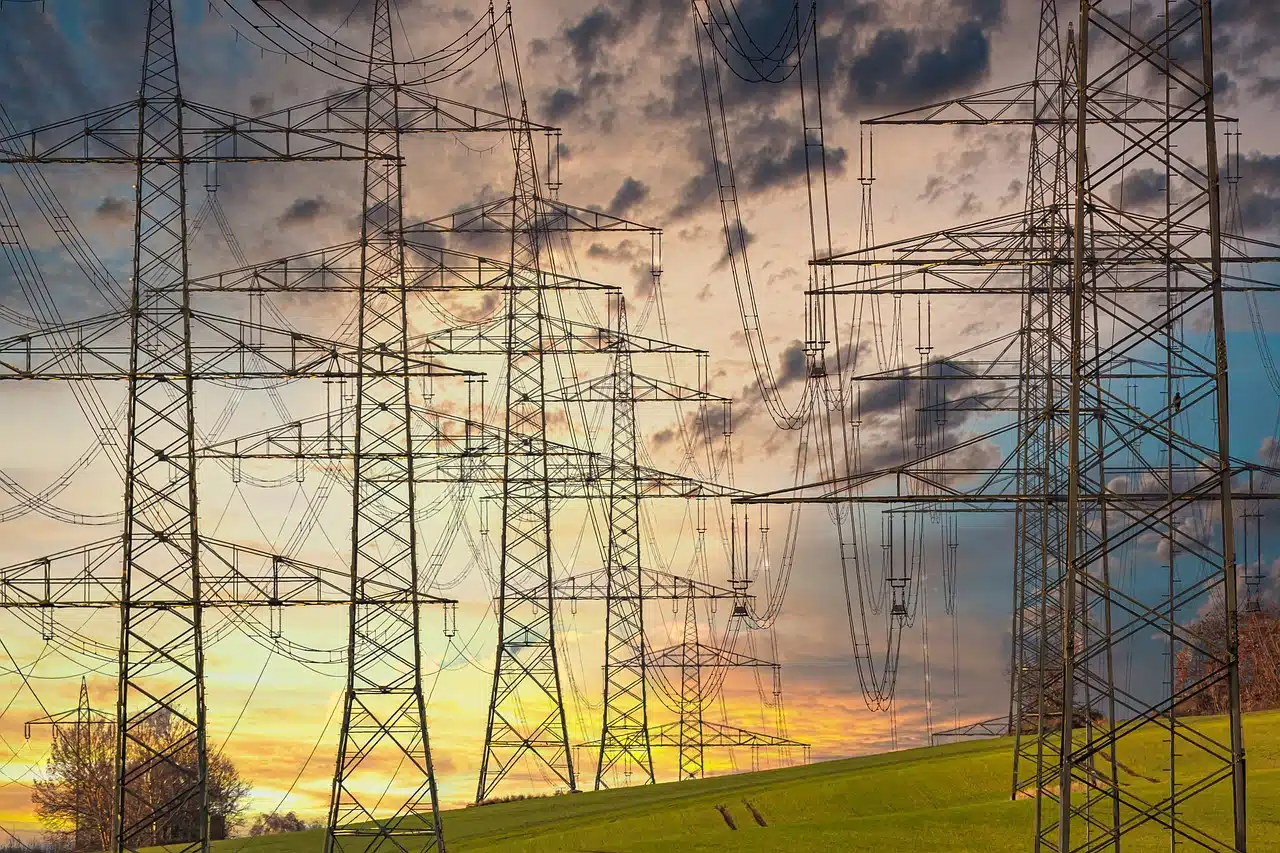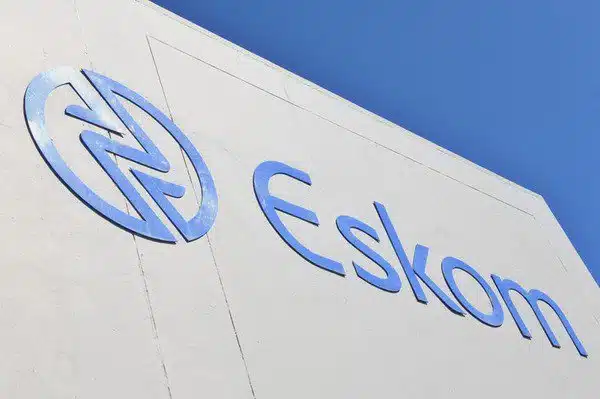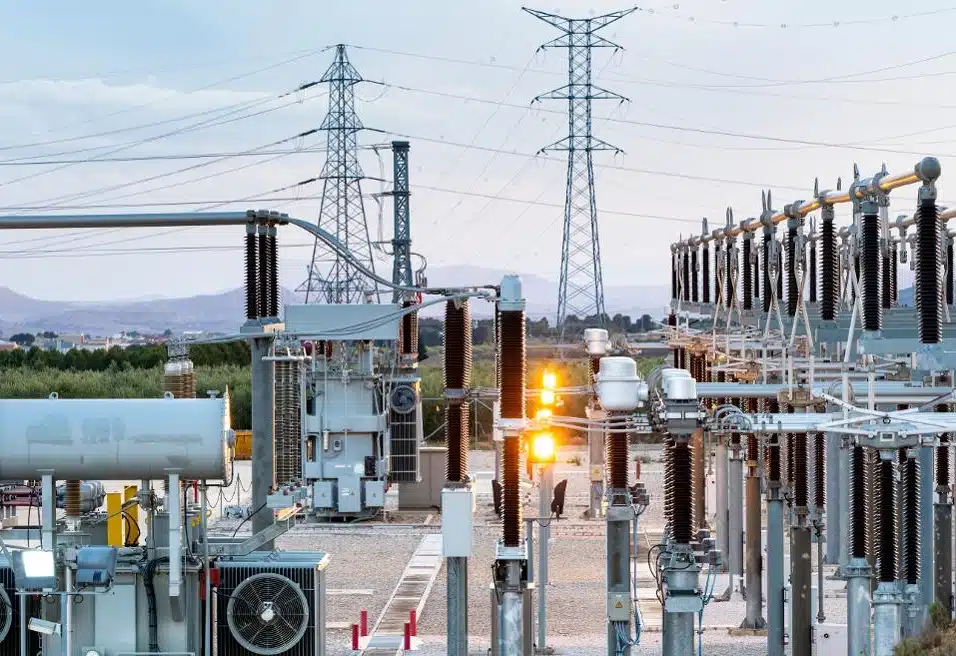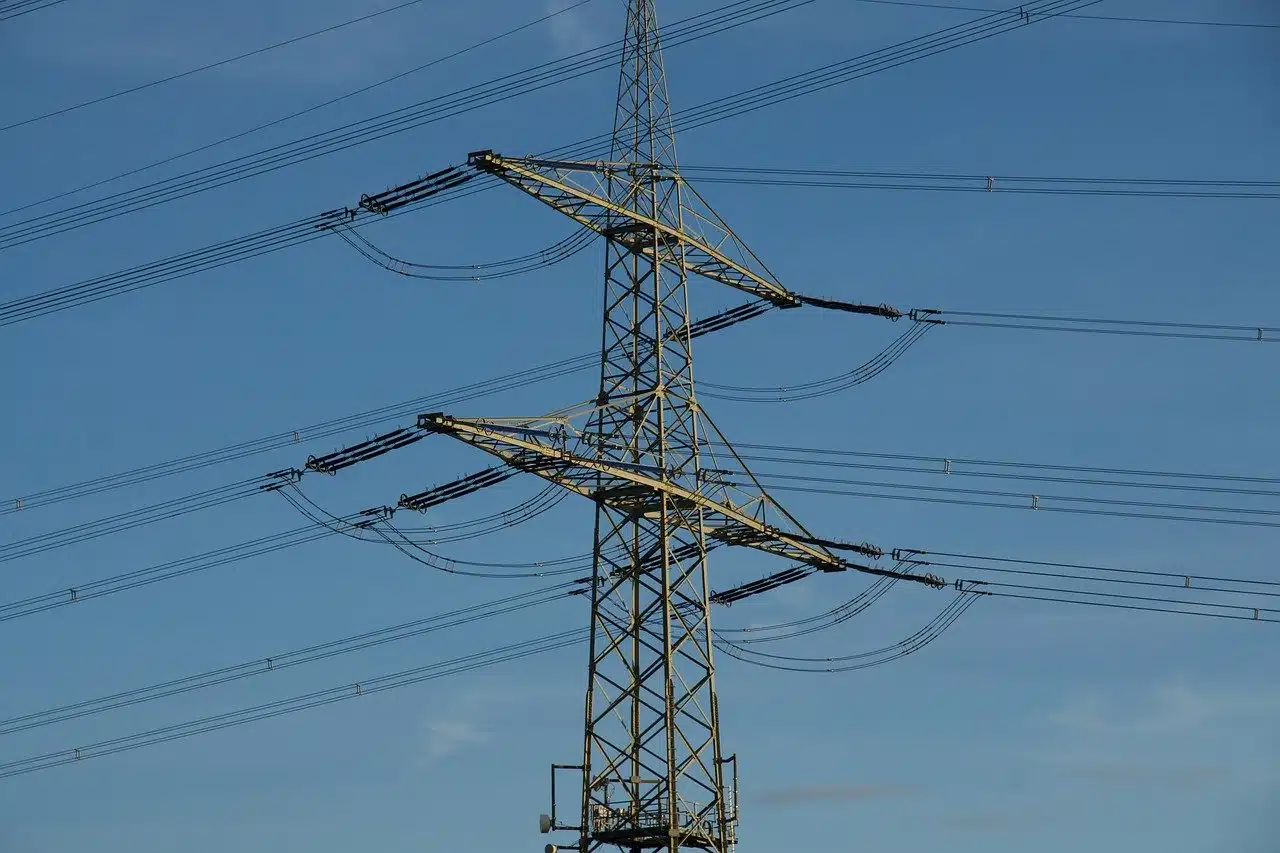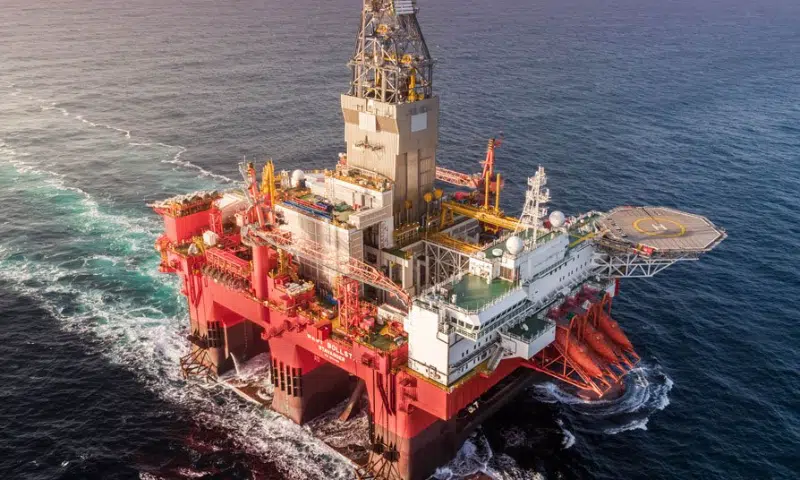Zimbabwe’s independent power producers (IPPs), under the aegis of Intensive Energy Users Group (IEUG), are developing over 16,000 megawatts (MW) power generation projects to help bridge the country’s widening electricity supply gap, the group’s chairperson Eddie Cross has said.
Speaking at the Chamber of Mines of Zimbabwe’s annual conference, Cross said IPPs have accepted the challenge from Zimbabwe’s president, Emmerson Mnangagwa to invest in solar, coal and hydroelectric power projects to secure consistent power amid persistent blackouts and rising tariffs.
“We’ve accepted the challenge from the President. At this moment, we have around 16,000MW of new power production under development – 2000MW solar, 2000MW coal and 12000MW hydro. If we can deliver this at competitive rates, we will solve our problems as the private sector”, Cross said.
Zimbabwe’s peak electricity demand exceeds 2000MW, yet generation remains unstable, fluctuating between 1000MW and 1400MW due to capacity limitations at the Kariba South Hydro and Hwange thermal power stations.
Cross said private players are constructing five coal-fired power stations and four hydroelectric plants, with most of the financing coming from Chinese investors.
This comes as the country’s power utility firm, Zesa Holdings, has capital requirements of US$2 billion, which is limiting its ability to provide steady power.
One such project undertaken by the IEUG is the 250 MW floating solar plant at Kariba Dam financed with $250 million from the African Export-Import Bank (Afreximbank).
He noted that Zimbabwe’s rapidly expanding lithium mining sector would require 350MW by year-end, while ferrochrome producers need up to 2000MW.
One example is Blanket Mine, which has leveraged IEUG and solar power to maintain uninterrupted production.
“In 2024, we supplied Blanket Mine with US$17 million worth of privately generated electricity,” Cross said.
Cross also revealed that the European Union and the British government are now offering concessional financing for Zimbabwe’s solar and energy transition projects, signalling a major policy shift toward green and decentralised energy solutions.
“It’s a clear sign that the world is moving toward decentralised, sustainable energy and we must move with it,” Cross said.
The IEUG represents Zimbabwe’s largest electricity consumers across the mining, manufacturing and agriculture sectors.
The group champions sustainable energy solutions, particularly through IPPs, to reduce the reliance on the strained national grid and improve industrial competitiveness.

